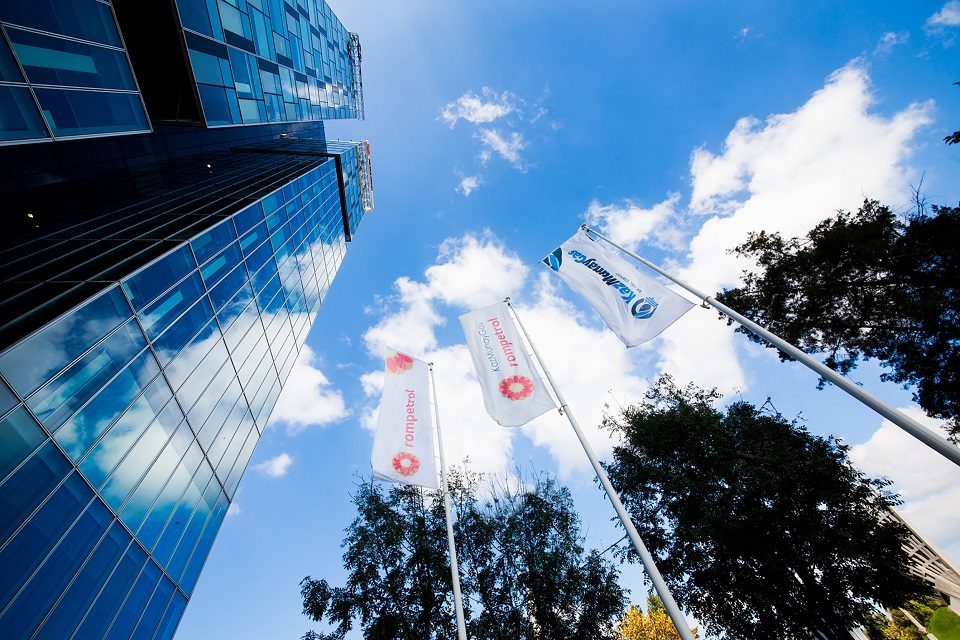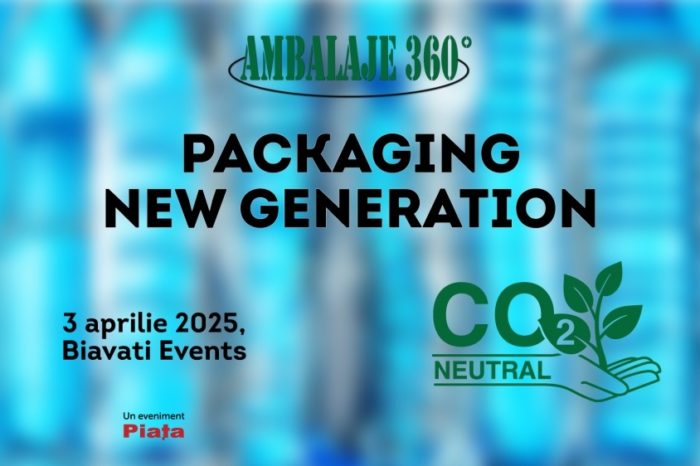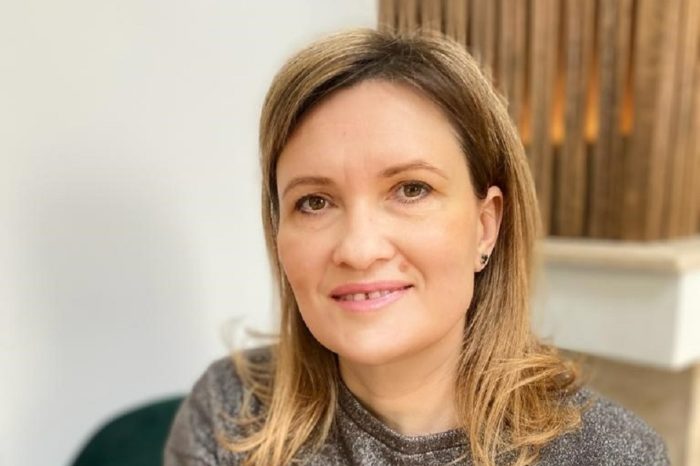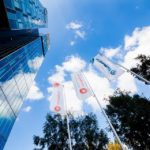KMG International: How to overcome HR recruiting challenges

HR leaders from everywhere face an unprecedented amount of disruption. It is partially a consequence of the pandemic which upended workplace dynamics. Reversing the course is not an option and seizing each window of opportunity in attaining organization effectiveness through workforce ecosystem management is the prerequisite.
The journey towards creating purpose-driven organizations has many hurdles along the road, regardless the industry or sector of activity. Listing the primary challenges for 2023, we observe that the future of work, recruiting and competition for talent still ranks high on top priorities agenda for each company. For an extensive overview in defining workplace of the post-industrial, we addressed KMG International (Rompetrol). The prominent challenges of 2022 have been diverse, requiring multifaced approaches with recruiting standing in the forefront.
“Understanding candidates` motivation right from the screening stage implied an increasing usage of “knockout” type questions, direct search of suitable candidates and promoting job ads and longer recruitment process due to fewer candidates possessing the qualifications required by us – defined past year`s challenges for us. In terms of expectations, 2023 is about encountering new challenges such as increasingly common requirement of candidates to have a hybrid/fully remote work schedule, lack of qualified talent and the use of suitable recruitment tools for each individual recruitment project”, believes Daniela Anghel, Team Leader Recruitment KMG Services Center, part of KMG International Group.
How can we get the better of recruiting?
“In Rompetrol, we have over 200 different types of jobs, and recruitment has always been challenging. For over 20 years, our mission remains devoted to growing and educating the next generation professionals for the energy industry, due to the difficulties we face in finding these professionals on the market. Following the processes of recruiting specialists, with complex roles that require a minimum of 5 years of experience to be independent, we realized how important it the constant investment in their training starting since they are pupils or students.”
KMG International designed a learning structure that develops both technical and soft skills. In terms of best practice example, one can mention Internship, Succession, Cross Training programs in the Petromidia and Vega Refineries – owing to the involvement and passion of the mentors from the company, the future of the energy industry relies on its pillars.
It is enshrined in HR department purpose to reinvent and redefine how it relates to people’s needs while the main goal is to build communities both inside and outside the organization that can work together for a prosperous future. In this regard, employee retention is vital, so KMG International will continue strengthen the assumed transformational role, demonstrating adaptation to change, supporting automatization and streamlining processes.
Enhance cultural awareness about diversity, equity, and inclusion
KMG International operates in a diverse field, covering Refining and Petrochemicals to Retail and Trading and each one of them require different recruitment strategies. Thus, the group defined a set of basic (core) competencies, which are carefully followed in evaluating candidates: working with people (employee teamwork); adaptation to change; adherence to principles and values; delivering results and meeting customer needs (internal and external).
“Added to these are other specific skills that we take into account in accordance with the field of activity and the seniority of the role for which we want to identify the most suitable person to take care of. As far as recruitment in Rompetrol stations is concerned, all players in the retail area are fully aware of the challenge of attracting and, at the same time, of maintaining optimal levels of motivation and the involvement of colleagues. For this direction we opted for on-the-job training sessions. Moreover, we abandoned the requirements and skills that we can form and pursued in recruitment, in particular, soft skills and human character, convinced that the rest can be acquired through training and development programs.”
Automation – nothing to be afraid of
HR needs to support organizations in responding instantly to changing demands in the workplace – such as enabling remote work, virtual leadership and collaboration and designing a safe work environment. KMG International is no exception so the how we manage employees has changed in the work-from-home version – we make sure that teams are still united, rely on efficient and proactive communication and have their own contribution in attaining common goals.
”Rompetrol always focused on investments in automation, in modernization, in all the market segments in which we operate, whether we are talking about Production & Refinery, Retail & Trading or support functions (Corporate). Rompetrol people know that, with automation, jobs do not disappear, but only become more complex, interesting and effective in generating added value.
On this very topic, we developed, since 2019, the Workshop Skills of the Future. The main objective was to run a series of workshops on various topic of interest for students and pupils, a unique experience through which they could answer the question: «What will my future be on the labor market, in a world where artificial intelligence is developing more and more? Will my specialization be sought after?”. We thought of this project as a gift that we offer to students and pupils from partner universities and high schools in 3 counties: Constanta, Bucharest and Prahova. The aim of the project was to convey a strong positive message – that, regardless of the extent that Artificial Intelligence will take in our lives, there are certain specifically human abilities that will keep us competitive, and their future is the one shaped by themselves, since the school benches.”
School drop-out – stringent issue that should be properly addressed
“Another challenge that cannot be overlooked is that Romanian society remains strongly affected by the increased rate of premature school dropout. Inarguably, the effects are felt in the long term. Children who leave early education system and training will most likely suffer from a skills and qualifications deficit.
The limited number of specialists in the market who possess the practical skills and technical competences required in the energy field are also now among the challenges. The fact that educational tools and methods are not harmonized with the latest innovations and technologies in the field of energy, and the major gap between the knowledge acquired in school and the practical knowledge and skills needed in the workplace, makes it increasingly difficult for us to train the new generations of professionals”, explained KMG International HR specialists.













